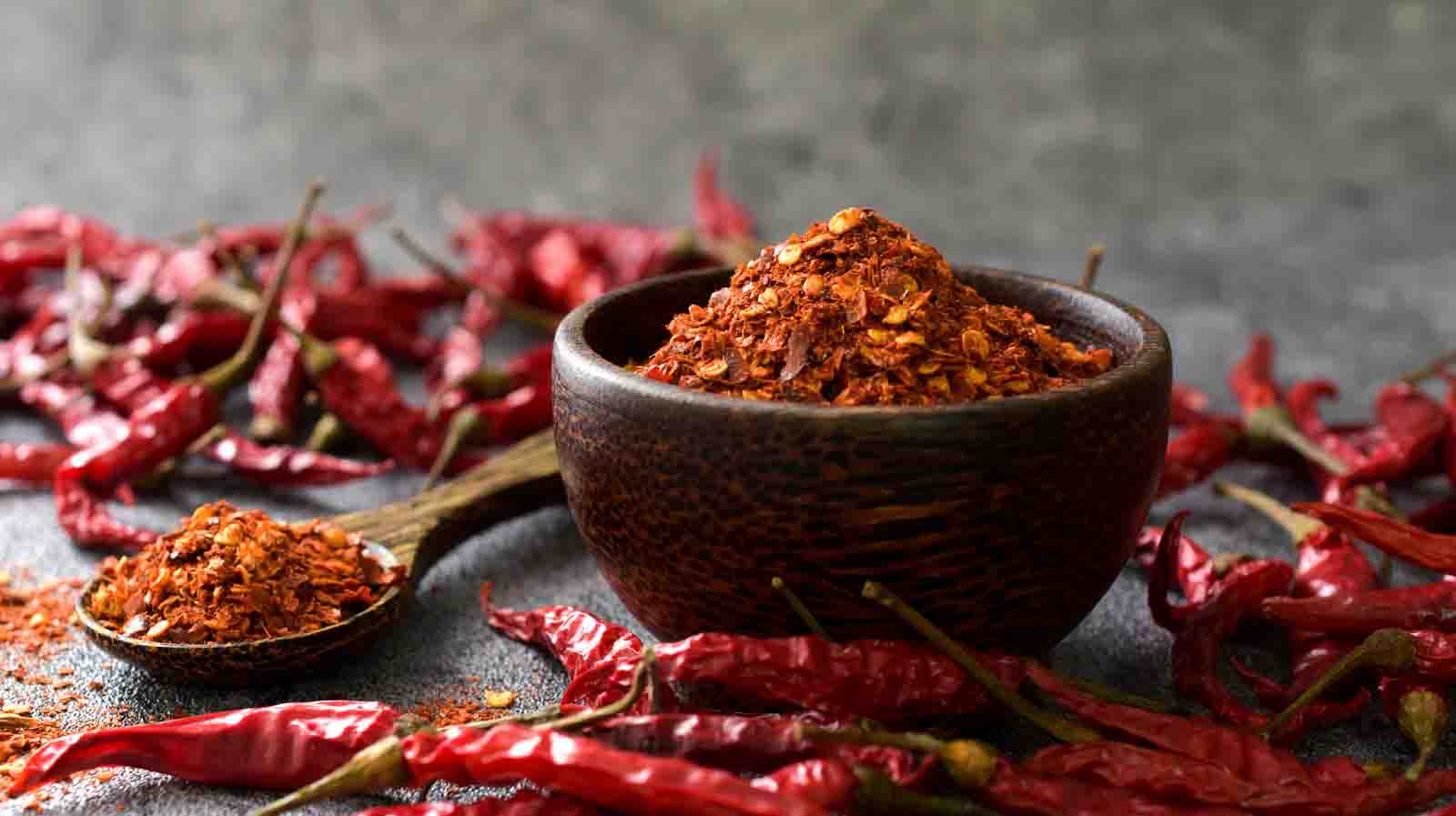A physiologist at the University of California, informed, by the consumption of spicy food, an individual may go through various physiological reactions, sweating, tingling of lips and tongue are some of the common and more apparent reactions.
There is no dough that most people enjoy experiences that tingle their sensors, spicy food makes life more interesting for those who enjoy the taste, but there are also responses that may not be that welcoming.
Sweating is one of the immediate physical reactions which is common to spicy food lovers. Spicy food contains a compound that infuses to nerve receptors along the gastrointestinal threat, that are heat activated including the mouth.
Dr. Julins discovered in his noble prize-winning work on the topic that chiles, the flavorful backbone of many spicy dishes, containing the compound Capsaicin, which infuses to the receptors when eaten and informs the brain by a pain signal. This chemical is found in horseradish, peppercorns and mustard. Also bind to the same receptors.
Similar signals are sent to the brain by nerves, as they would come into contact with actual fire, giving the reason why we sweat or become flushed, the body’s way of cooling itself down.
Individuals with gastritis, which occurs when the lining of the stomach is inflamed, may experience increase abdominal pain.
However, research indicates, that there are health benefits by the consumption of spicy foods. A study found that taking a daily dose of Capsaicin, which contains the same amount in four or five habanero peppers. Increases metabolic rate, where over a 14-week period, participants burned the equivalent of an extra 200 calories per day.
In 2022 a study was conducted involving more than 6000 adults, scientists mention the relationship between chili intake and the reduction in calcium build up in the walls of the coronary arteries, which supply blood to the heart.
It is found that consuming chilis daily may be linked to an increased risk of esophageal cancer, but not colorectal or gastric cancers.
Most experiments perform on cells, indicated that Capsaicin and piperine- the chemical found in peppercorns, may help contain or even destroy human breast cancer cells. Scientists are hopeful that these results might one day lead to potential treatment.








